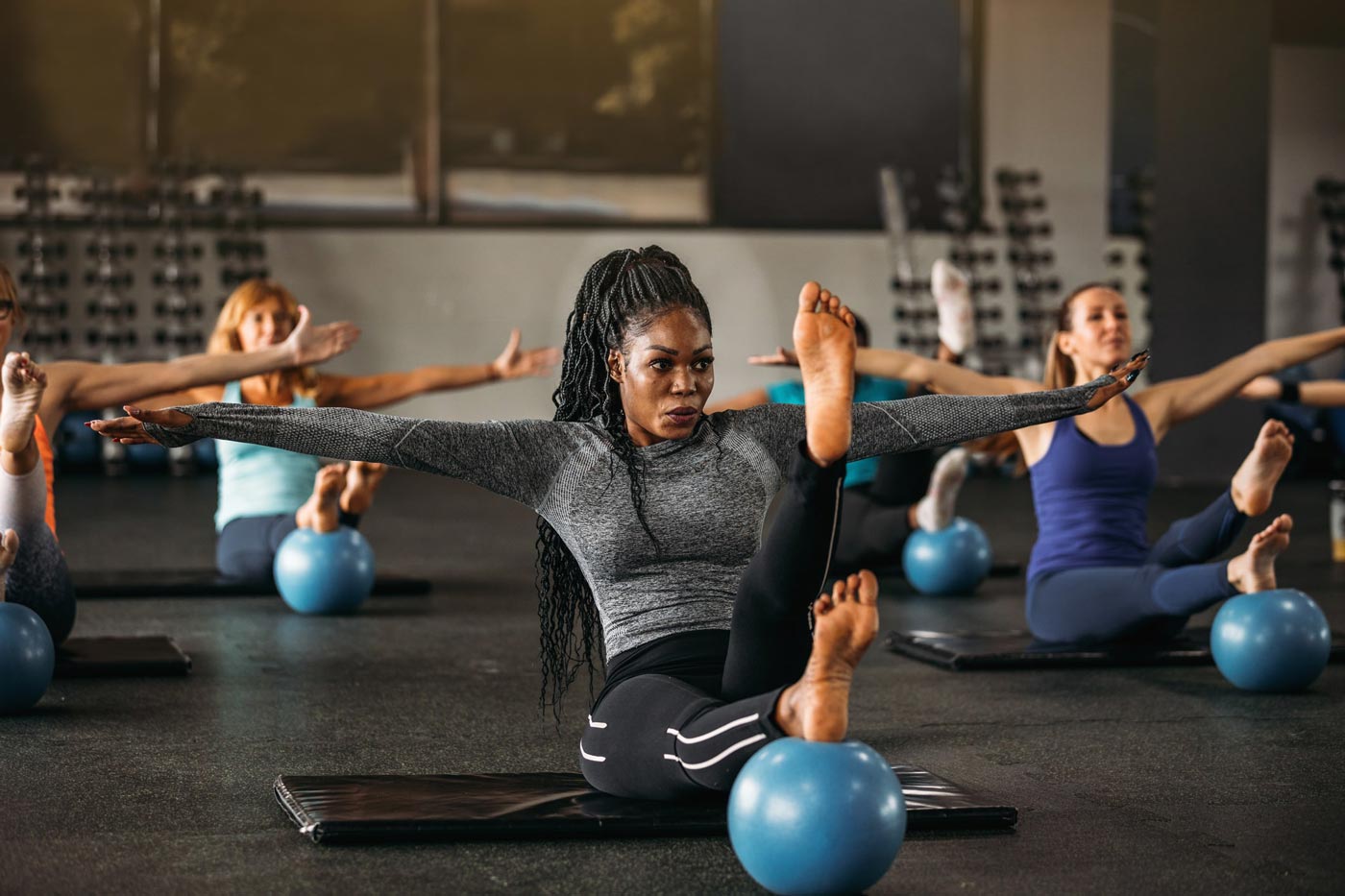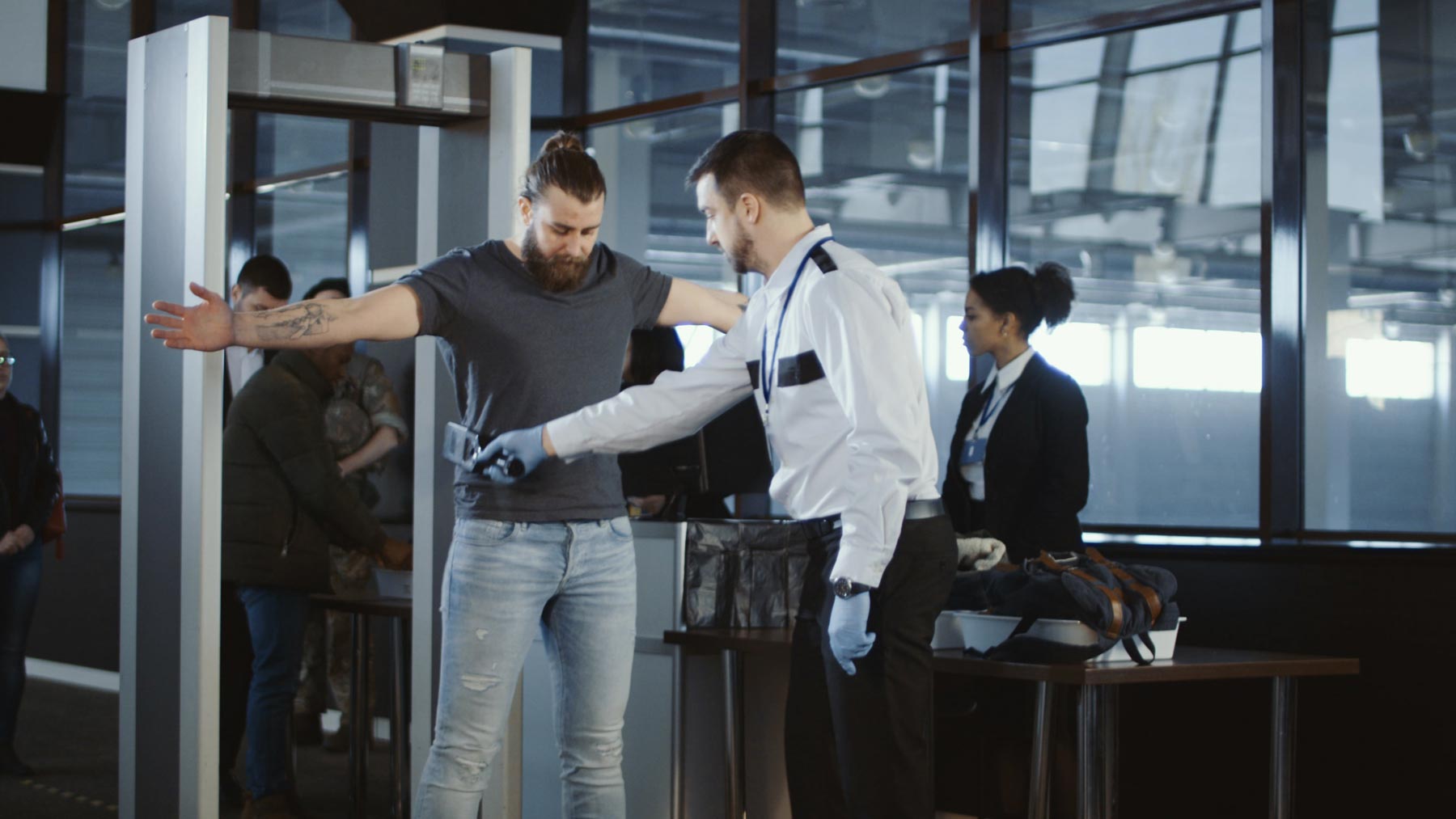Work Out with Confidence: Get Fit Do’s and Don’ts
Work Out with Confidence: Get Fit Do’s and Don’ts
You've made your list of 2011 resolutions. Good for you! And if you're like most women, a renewed focus on exercise is part of your new-year/new-you routine. But when bladder leaks during exercise are a concern, it can shake your confidence (and your good intentions!).
Exercise-induced leakage is common in many women. It can result from increased abdominal pressure on lower urinary tract muscles. Sports with repetitive bouncing movements such as aerobics, tennis or running can sometimes exacerbate leakage problems.
Yet inactivity is not an option. To the contrary, the more you tone your muscles, the more you help to keep your pelvic floor strong and the better you're able to prevent or minimize leakage. And if you're overweight, even a moderate weight loss may decrease urine leakage.
These simple do's and don'ts can help you stay active, healthy and more confident during your 2011 fitness routine.
Here's what can help:
- Try low-impact exercise programs such as yoga, stretching, biking, walking, or T'ai Chi.
- If aerobics is your workout of choice, engage in low-impact versions that offer less bouncing and hopping movements.
- Use workout equipment that puts less stress on the bladder. These include an elliptical machine, recumbent bike, treadmill or rowing machine.
- Start slow and with less intensity and duration. Then build up your activity levels.
- This is a great time to wear Depend® Underwear so you can exercise with confidence.
- And don't forget that other "workout"...Kegel exercises to help strengthen your pelvic floor. According to the World Health Organization, pelvic floor muscle therapy has a 65 to 70 percent cure or improvement rate for urinary incontinence.
Here's what to avoid:
- Avoid exercises that involve lifting heavy weights. Lifting weights, particularly overhead, puts pressure on the bladder, which can result in leakage. Use lighter weights or try doing the same exercise movements without weights.
- Avoid doing standing squats (a squat that starts from a standing position) and machines that drive your knees in and out. These movements may put too much stress on your pelvic floor.
- Never eat a heavy meal before exercising. The extra abdominal pressure bears down on your bladder, potentially causing leakage.
Before embarking on any new exercise program, talk with your physician. This is especially important if you are returning to exercise after a long absence and feel you may be out of shape. Together, you can create a comfortable workout regimen that's right for you to get satisfying results.









